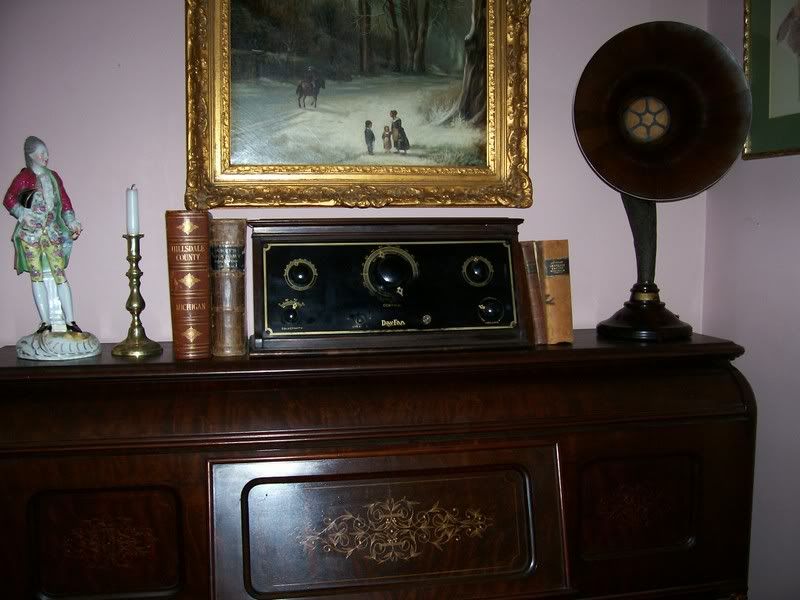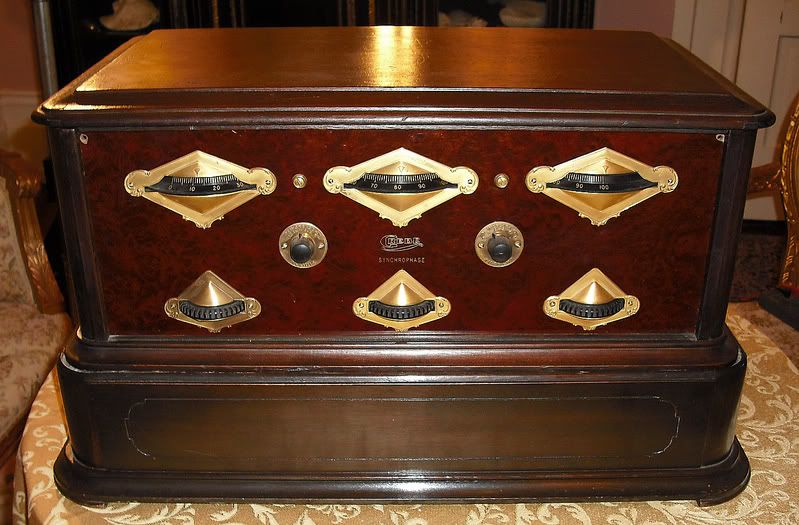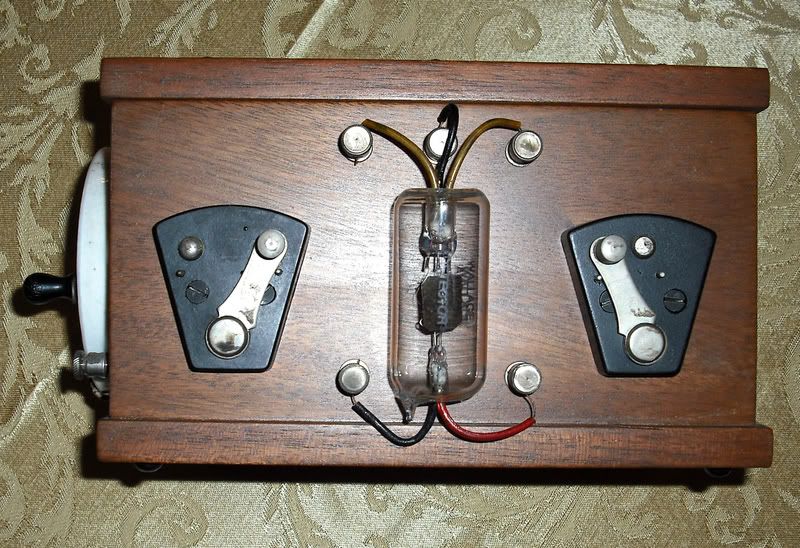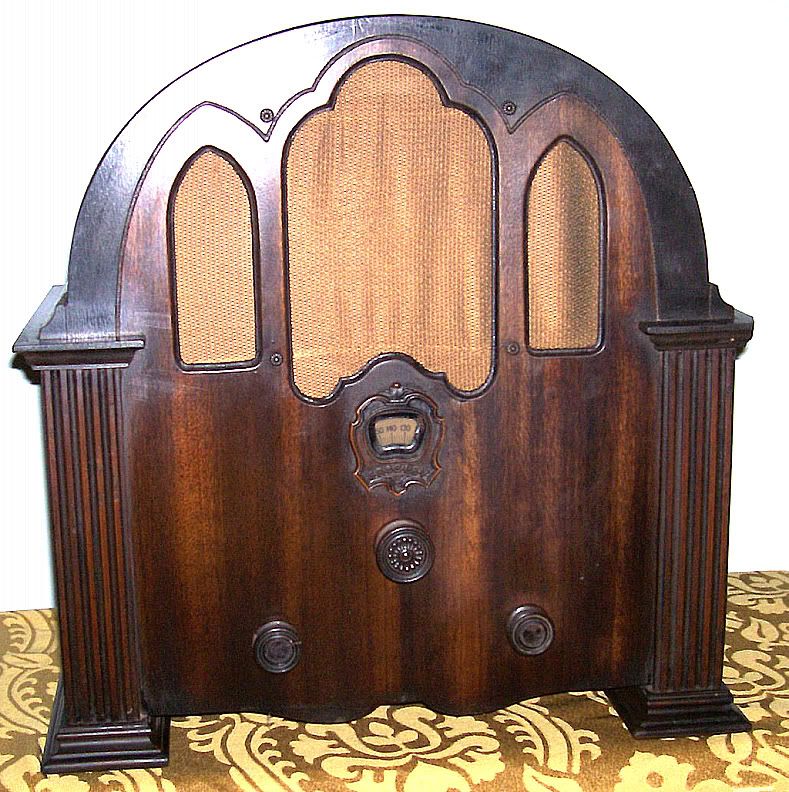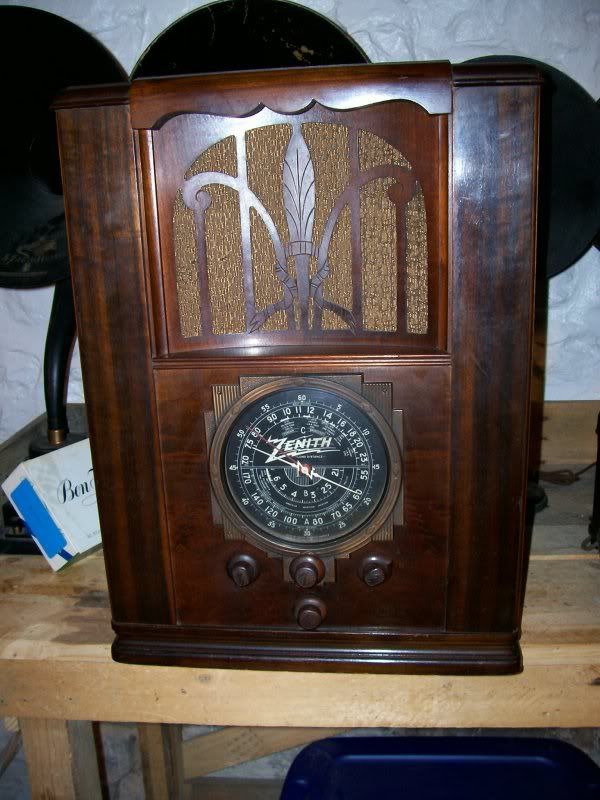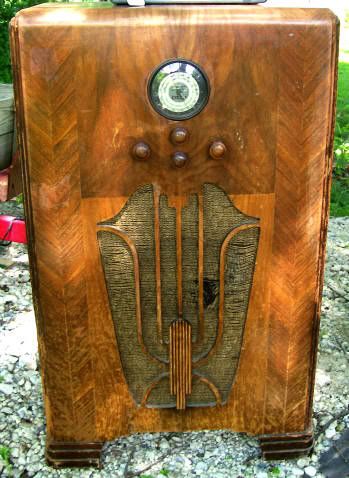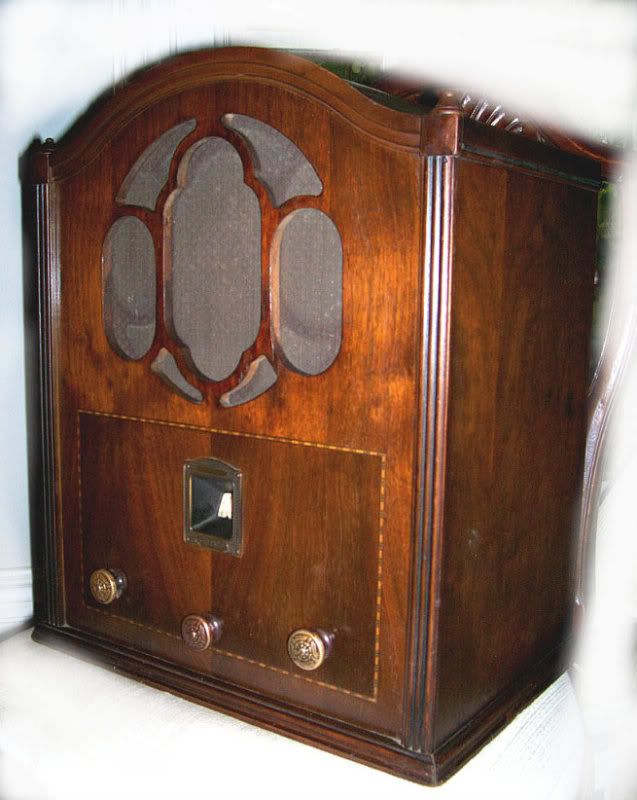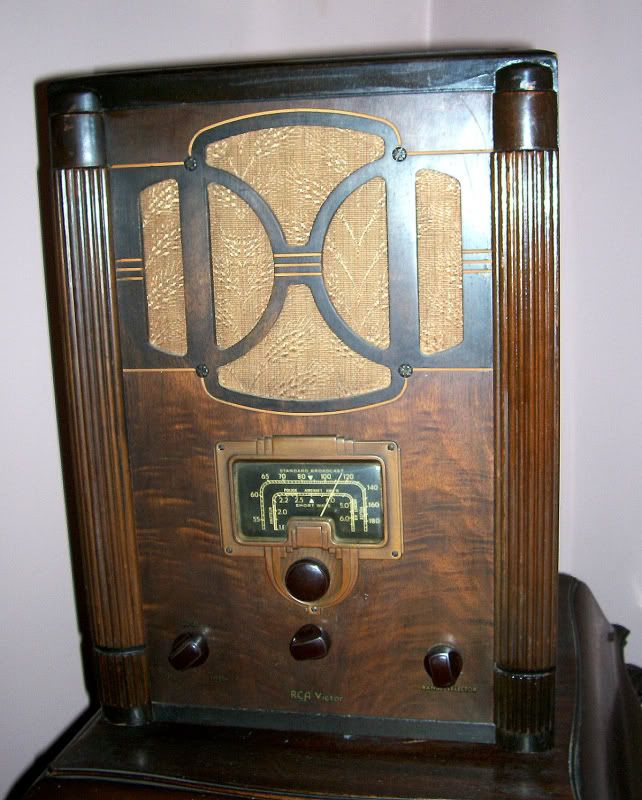Stanley Doble
Call Me a Cab
- Messages
- 2,808
- Location
- Cobourg
About the gas and oil situation. The cars that are in danger from the lack of zinc in new oils are the pushrod OHV V8 and 6 cylinder engines that were common in American cars from the early fifties to the early nineties. Newer cars either have roller type valve lifters, or overhead cams, or both. It is the flat tappet OHV engines that need the additives.
Your engine is a flathead. The valves are worked directly by the cam, no pushrods or rocker arms. In other words the valve mechanism is as short, light weight and direct as a new overhead cam model. You could call yours an underhead cam engine LOL.
This means you do not need to worry about the zinc additives although, they don't hurt.
Should also mention that detergent oils were introduced in the late forties, and multigrade oils in 1951. 10W30, heavy duty, detergent oil was the default choice in every garage and car dealership from the fifties through the eighties. This means your engine has probably used nothing else since the Truman administration.
So don't listen to the donkeys who tell you to use good ol' straight 30, non detergent oil. It was not recommended by the factory, as soon as better oils became available, and is not necessary now.
As far as gas goes. Your car was built when low lead, or no lead, low octane gas was the only kind made. It came with hardened valve seat inserts and hard valves to use unleaded. The gas today is actually much higher octane than what they had in 1941. So it will run perfectly on today's cheapest regular.
In fact, some old car enthusiasts add 10% kerosene or diesel fuel to the gas for their low compression cars. They say they run smoother, cooler, develop more power, and are not so prone to vapor lock. You don't need to bother with this but it might be worth keeping in mind, if you suffer from hard starting or vapor lock in hot weather. Today's gas is formulated for fuel injection which keeps the fuel under pressure. This prevents it from evaporating, which can be a problem in hot weather, if you have a carburetor.
If you want to add anything you could toss a little Redex, Bardahl or similar additive in the gas. It is not necessary but if it makes you feel better it can't hurt. It may even extend the life of your engine by lubricating the valves and piston rings, known wear spots on old engines.
Your engine is a flathead. The valves are worked directly by the cam, no pushrods or rocker arms. In other words the valve mechanism is as short, light weight and direct as a new overhead cam model. You could call yours an underhead cam engine LOL.
This means you do not need to worry about the zinc additives although, they don't hurt.
Should also mention that detergent oils were introduced in the late forties, and multigrade oils in 1951. 10W30, heavy duty, detergent oil was the default choice in every garage and car dealership from the fifties through the eighties. This means your engine has probably used nothing else since the Truman administration.
So don't listen to the donkeys who tell you to use good ol' straight 30, non detergent oil. It was not recommended by the factory, as soon as better oils became available, and is not necessary now.
As far as gas goes. Your car was built when low lead, or no lead, low octane gas was the only kind made. It came with hardened valve seat inserts and hard valves to use unleaded. The gas today is actually much higher octane than what they had in 1941. So it will run perfectly on today's cheapest regular.
In fact, some old car enthusiasts add 10% kerosene or diesel fuel to the gas for their low compression cars. They say they run smoother, cooler, develop more power, and are not so prone to vapor lock. You don't need to bother with this but it might be worth keeping in mind, if you suffer from hard starting or vapor lock in hot weather. Today's gas is formulated for fuel injection which keeps the fuel under pressure. This prevents it from evaporating, which can be a problem in hot weather, if you have a carburetor.
If you want to add anything you could toss a little Redex, Bardahl or similar additive in the gas. It is not necessary but if it makes you feel better it can't hurt. It may even extend the life of your engine by lubricating the valves and piston rings, known wear spots on old engines.
